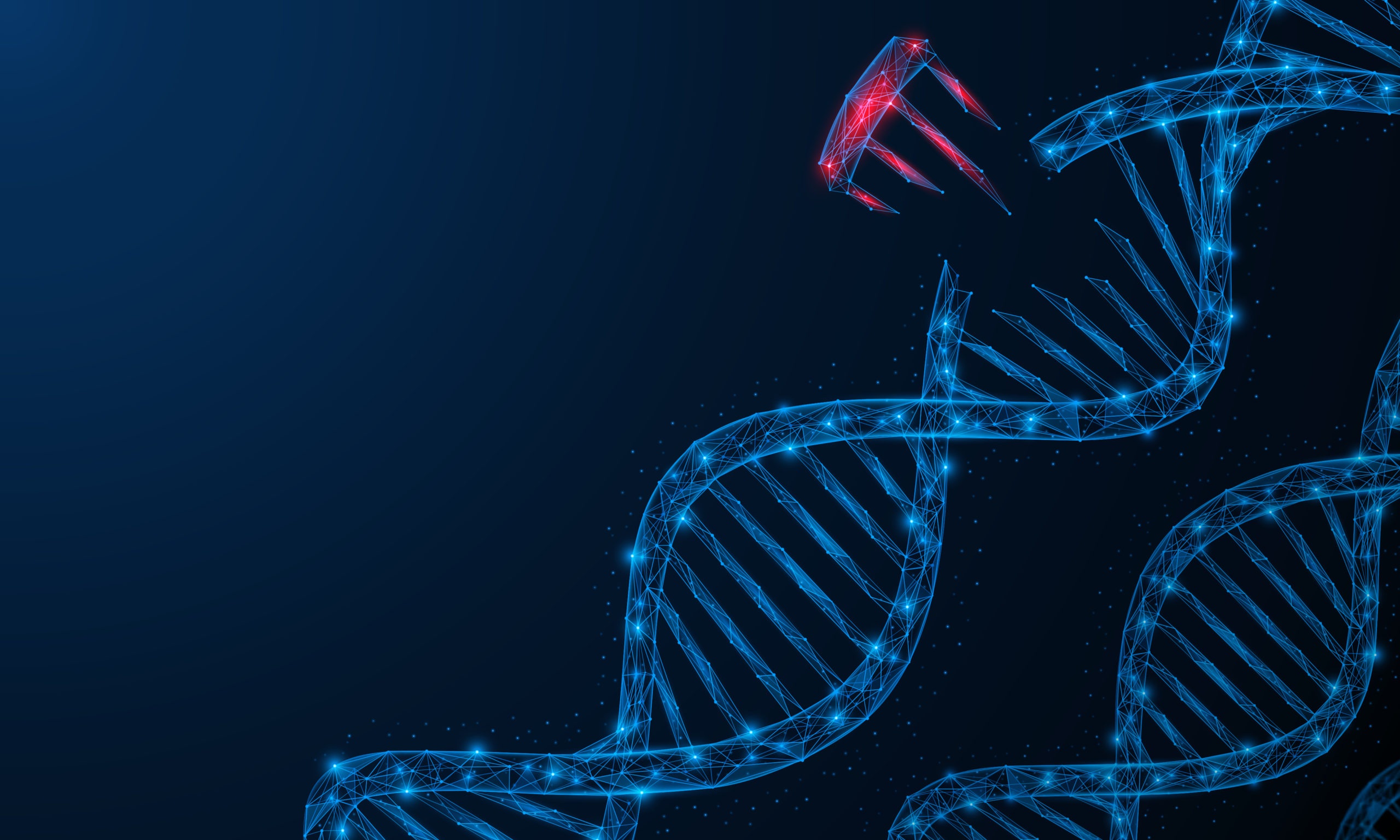
A novel KRAS G12D degrader, ASP3082, has an acceptable safety profile and promising antitumor activity, especially in patients with heavily pretreated pancreatic cancer.
In the phase 1, dose-escalation, first-in-human study by Wungki Park, MD, MS, and colleagues, patients with unresectable or metastatic KRAS G12D-positive solid tumors were given escalating doses of ASP3082 monotherapy (10-600 mg) intravenously once weekly over a 21-day cycle. The primary endpoints included the incidence of dose-limiting toxicities (DLTs) and treatment-related adverse events (TRAEs).
Ninety-eight patients were enrolled (median age, 64 years; 56% male; median [range] two prior lines of systemic therapy) who had pancreatic cancer (n=67), colorectal cancer (n=16), non-small cell lung cancer (n=13), or other cancers (n=2).
TRAEs occurred in 68 of 98 patients (69.4%), including five with grade 3 and none with grade 4 or 5. DLTs were observed in two patients at 450 mg and one patient at 600 mg.
Efficacy was evaluated in 65 patients receiving 10-300 mg:
- ≤90 mg (n=35): objective response rate (ORR), 0%; disease control rate (DCR), 25.7%)
- 140 mg (n=9): ORR, 11.1%; DCR, 33.3%
- 200 mg (n=9): ORR, 0%; DCR, 55.6%
- 300 mg (n=12): ORR, 33.3%; DCR, 75.0%
“The ongoing study suggests that ASP3082, a novel KRAS G12D degrader, has an acceptable safety profile and promising antitumor activity, especially in [patients] with heavily pretreated [pancreatic cancer],” the researchers concluded.







 © 2025 Mashup Media, LLC, a Formedics Property. All Rights Reserved.
© 2025 Mashup Media, LLC, a Formedics Property. All Rights Reserved.